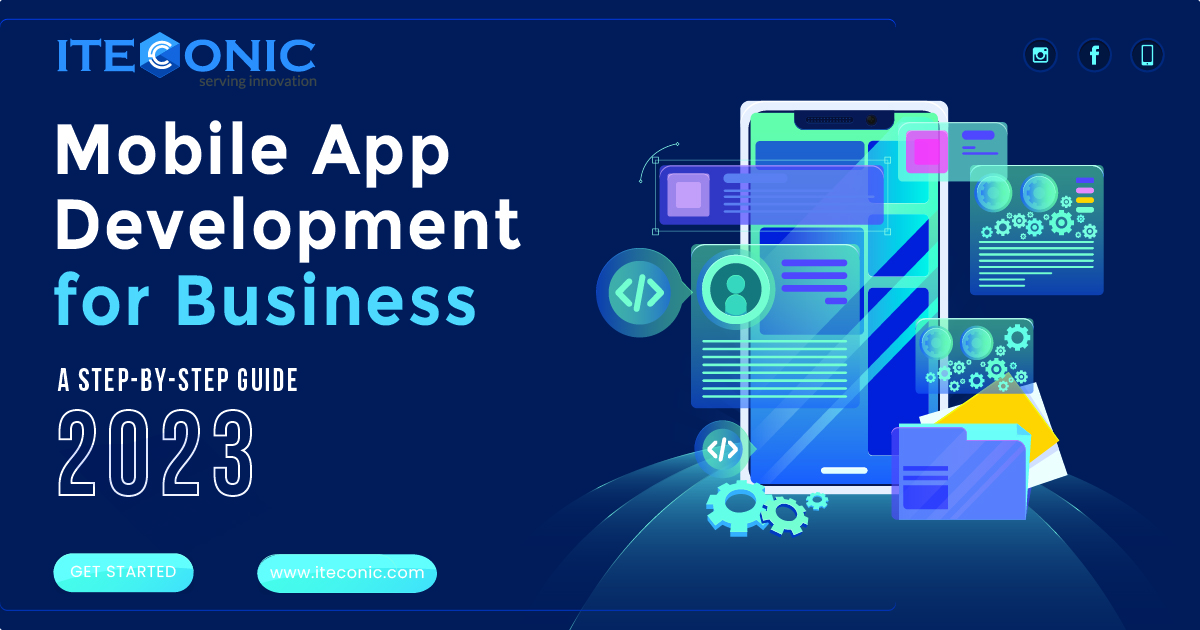Steps To Apply Machine Learning In Android App Development (2023)

With the holistic advancement of technology-driven platforms, applications nowadays have become more powerful and advanced. And to match up the current space of cutting-edge technologies, Machine Learning is one of today’s inventions to do incredible things. When it comes to considering Android app development, the fool-proof integration of ML empowers application developers to create smart, and intelligent applications offering personalized experiences.
By leveraging machine learning frameworks like TensorFlow, Torch, and Spark ML, app engineers and developers of the best Android app development company can integrate pre-trained models or train custom models for activities like image recognition, and predictive analytics. From recommendation systems to real-time object detection, machine learning adds a new dimension to app capabilities, enhancing user satisfaction and engagement.
Trending Globally – What is NativePHP?
The Introduction of Machine Learning in Today’s Tech Space
With the fool-proof integration of machine learning, human lives have become more productive and eased. You can now have the technology of smartphone cameras where they detect faces automatically, on the other hand, popular voice assistant apps like Google, Alexa, and Siri can help users to perform their day-to-day tasks much faster.
While in terms of Android mobile app development, Chatbots like ChatGPT sets the demand so high by solving complex problems easily. Hence, it is quite evident that the demand for executing ML in a mobile application is acquiring fast, especially for Android apps, as the number of Android users is more than iPhone/iOS. One should be aware of the fact that applying machine learning is a blessing in today’s age of technology, as it empowers the Android app development process by implementing high-end features like image recognition, predictive intelligence, face detection, automated learning, and more.
Read this post to understand the comprehensive guide on useful steps to apply machine learning in Android mobile app development.
What is Machine Learning (ML)?
Machine learning is a progressive approach of AI, also known as artificial intelligence that majorly focuses on creating self-learning algorithms and models capable of learning patterns and making predictions or decisions based on data, without precise programming for every scenario.
With the developing progress, Machine Learning is considered to be used on major developing systems of mobile and web technologies by empowering the future of app making and development with ease. Embracing machine learning in Android development unlocks a world of innovative possibilities for creating smarter and more intuitive mobile applications.
A few of the popular machine learning applications are –
- Snapchat
- Google Assistant
- Spotify
- Netflix
- FaceApp
- Tinder, and more
Also Read – Android vs iOS Development: The Best Comparison
How to Apply Machine Learning (ML) in Android App Development? Proven Steps
Machine Learning is a pioneering complex-level programming, allowing a software application or system to learn. Meanwhile, the primary objective of ML denotes empowering applications and making them eligible to learn from data or experiences, ensuring improved performance over time. Adhere to the fellow steps helpful to understand how to apply ML in Android mobile app development, with the best knowledge about machine learning frameworks, API integrations, and tools.
|
Important Note Note that, the implementation of machine learning in developing Android apps requires a good knowledge and understanding of ML development. Therefore, when you hire mobile app developers for your application development, make sure they hold skills, proficiency, and know how to use machine learning frameworks on your project. |
Guiding steps to apply ML in the Android mobile app development process –
All subheadings will be in H3 tag
#1 Understand the Problem
The very first step is to identify the specific problem in your mobile application that can be fixed by utilizing the best scope of machine learning app development. For instance, you can go for recommendation systems, natural language processing, along with image recognition and predictive intelligence for the best use of ML technology. Hence, you need to define the goal and objective to obtain using machine learning.
#2 Choose the Right ML Framework
Selecting a machine learning framework that is compatible with Android is a must for implementation. You can take an example of TensorFlow for deploying MI models on robust and scalable mobile devices. It offers support for various model formats and has pre-trained models available for common tasks. Other than this, you can go for other frameworks useful to go for machine learning app development for Android technology.
Popular ML Frameworks
- TensorFlow
- OpenCV
- Android’s Custom ML Stack
- Google Cloud Machine Learning Engine
- PyTorch
- Amazon SageMaker
#3 Define the ML Task
Determine the specific machine learning task you want to achieve in your app. This would help to understand if the application project incorporates neural networks, clustering algorithms, and support vector machines. Let's consider an example of an Android app that identifies objects in images taken by the device's camera using image recognition based on your data and goal.
#4 Collect and Prepare Data
In terms of training ML models in Android app development, data is an essential part. Gathering all the relevant datasets of images with corresponding labels, which align with the problem ensures productivity. For instance, you might collect images of various objects like "cat," "dog," "car," "flower," etc., and label them accordingly for the most optimum results.
#5 Train the Model
Use the chosen ML framework, like TensorFlow Lite, to train an image recognition model on the collected dataset. The model learns to recognize patterns and features in the images associated with each label during the training process. Further, you are advised to divide the data into different sets of testing and training to minimize the parameters of errors.
#6 Convert and Optimize
Once the model is trained, convert it to the most suitable format, which is appropriate for deployment on Android devices. This format is designed to be efficient and lightweight, optimized for mobile performance. ITEconic, the best Android app development company follows all the latest and up-to-date machine learning technologies and tools to get the most optimum results before deployment.
#7 Integrate the Model
Right after evaluating and training your ML model, now you need to integrate the trained and optimized image recognition model into your Android app using TensorFlow Android API. This API allows you to load the model into the app and use it to classify objects in the real-time camera feed.
One should need to know that based on the requirements and complexity, you can opt for different integration approaches such as Cloud-Based Integration and On-Device Integration.
#8 Test and Validate
Thoroughly test the app to ensure the image recognition model performs accurately and efficiently. Take pictures of various objects and verify if the app correctly identifies them. In this trait, a continuously improving and regularly updating machine-learning model fosters high accuracy and efficiency, hence, it is necessary to keep your model updated based on user needs.
#9 Monitor and Improve
The next step is to thoroughly monitor your application with integrated ML features. Monitor the app's performance in real-world usage and collect user feedback. If users report misclassifications or performance issues, use this data to refine the model and make improvements. You might retrain the model with more diverse data or fine-tune the hyperparameters to improve accuracy.
#10 App Store Deployment
Once the machine learning features are well-implemented and validated, submit your app to the Google Play Store for distribution to users. Users can now enjoy the app's image recognition capabilities on their Android devices.
By following these steps, you can successfully apply machine learning in the Android application development process. Remember that the specific task and dataset will vary depending on the type of app you are building and the machine-learning features you want to incorporate.
What Are the Machine Learning Benefits Handheld in Mobile App Development?
There are various aspects of ML that can be beneficial in the journey of developing Android apps. The best Android App Development Company like ours have a team of skilled app developers who have endless capabilities to enhance the user’s overall experience. Having a full scale of advantages of ML in developing mobile apps, down below we have mentioned all of them as useful to leverage market trends.
Have a deep look at them;
|
Category |
Description |
|
Personalization |
Machine learning algorithms can analyze user data, such as app usage patterns, preferences, and historical behavior. This information helps the app deliver personalized content, recommendations, and suggestions tailored to each user. For example, a news app can learn what topics a user is interested in and present relevant articles, creating a more engaging experience. |
|
Enhanced User Engagement |
By understanding user behavior, machine learning can optimize the app's user interface and features in real time. This optimization improves user engagement by making the app more intuitive and user-friendly, leading to increased usage and higher user satisfaction. |
|
Improved Decision Making |
Machine learning enables apps to process vast amounts of data quickly and extract meaningful insights. Businesses can use these insights to make data-driven decisions, such as refining marketing strategies, identifying target audiences, or improving product offerings. |
|
Real-time Insights |
Machine learning models can be deployed on the device itself, enabling apps to process data and generate predictions in real time without relying on a server. This capability is valuable for applications like language translation, where instant responses are essential for a seamless user experience. |
|
Image and Speech Recognition |
By leveraging machine learning models for image and speech recognition, apps can offer advanced functionalities like augmented reality, object detection, or speech-to-text, enriching user interactions and opening up new possibilities for creativity and utility. |
|
Anomaly Detection |
Machine learning algorithms can detect unusual patterns or anomalies in user behavior, which is crucial for identifying and preventing security breaches, fraud, or suspicious activities within the app. |
|
Predictive Analytics |
With machine learning, apps can predict user behavior and preferences based on historical data. This predictive power allows businesses to anticipate user needs and offer proactive recommendations or personalized offers, increasing user engagement and loyalty. |
|
Automation |
Machine learning can automate repetitive tasks and processes within the app, reducing manual efforts and increasing operational efficiency. For instance, an e-commerce app can use ML for automatic product categorization or chatbots for customer support. |
|
Offline Functionality |
By deploying lightweight machine learning models on the device, apps can continue to offer certain functionalities even when the device is offline or has limited connectivity. This approach ensures a seamless user experience irrespective of network conditions. |
Integrating machine learning into the Android application development process empowers developers to create intelligent, user-centric, and innovative applications that adapt to users' needs and preferences, leading to higher user engagement.
What is the Cost of Applying Machine Learning in Android Application Development Process?
The overall cost of applying machine learning in Android application development might range between $35,000 to $2,80,000. However, it can vary depending on factors such as the complexity of the ML task, data collection and preparation efforts, the chosen ML framework and tools, the expertise of the development team, hardware and infrastructure requirements, testing and validation needs, deployment and maintenance expenses, and the use of third-party APIs or services. Developing basic ML features, such as image recognition, might be more cost-effective compared to building advanced natural language processing or recommendation systems. Additionally, the need for hiring mobile app developers, who are specialized ML experts or investing in powerful hardware for training could add to the expenses. Thoroughly evaluating the benefits of ML features against the costs is essential to make informed decisions and creating a successful and sustainable ML-powered Android app.
Concluded Expert Guide
The final execution of machine learning or artificial intelligence in mobile app development, especially for Android, opens a door of new opportunities for businesses that want to build robust, futuristic, intelligent, and useful apps to cater to the needs of their users. As the market of innovation is growing and expanding quickly, the need for top mobile app developers from mobile app development companies has been growing vigorously.
To take up the best guide and assistance, it is important to take help from the best Android app development company that specifically holds years of specialization and expertise in integrating machine learning while building Android apps. ITEconic is one such reliable and prominent destination to deliver successful ML-powered apps with hands-on experience.
Frequently Asked Questions
Q1. What are the top machine learning frameworks used in mobile development?
Naming the best machine learning frameworks used by developers in 2023 are - TensorFlow, Apple’s Core ML, Shogun, Apache MXNet, Sci-Kit Learn, PyTorch, and CNTK. We at ITEconic, an application development company, understand the importance of ML frameworks in app development projects, hence carry all the required information and details to execute the perfectly working app for your business growth.
Q2. How much does it cost to add MI into the mobile app?
On average the cost of integrating machine learning would go between $35,000 to $200,000 depending upon your needs and the project’s overall requirement. To understand the exact figures, you can consult a professional application development company that holds a specialization in Machine Learning app development.
Q3. I want to implement machine learning in my mobile app. Which programming language is best for the process?
Though implementing machine learning in mobile applications is a difficult job to do, therefore having a guiding aid of fully-skilled developers is a must. Meanwhile, for executing ML in application development, a developer must have a deep understanding of some of the most popular programming languages like Java, Python, and JavaScript.
.jpg)
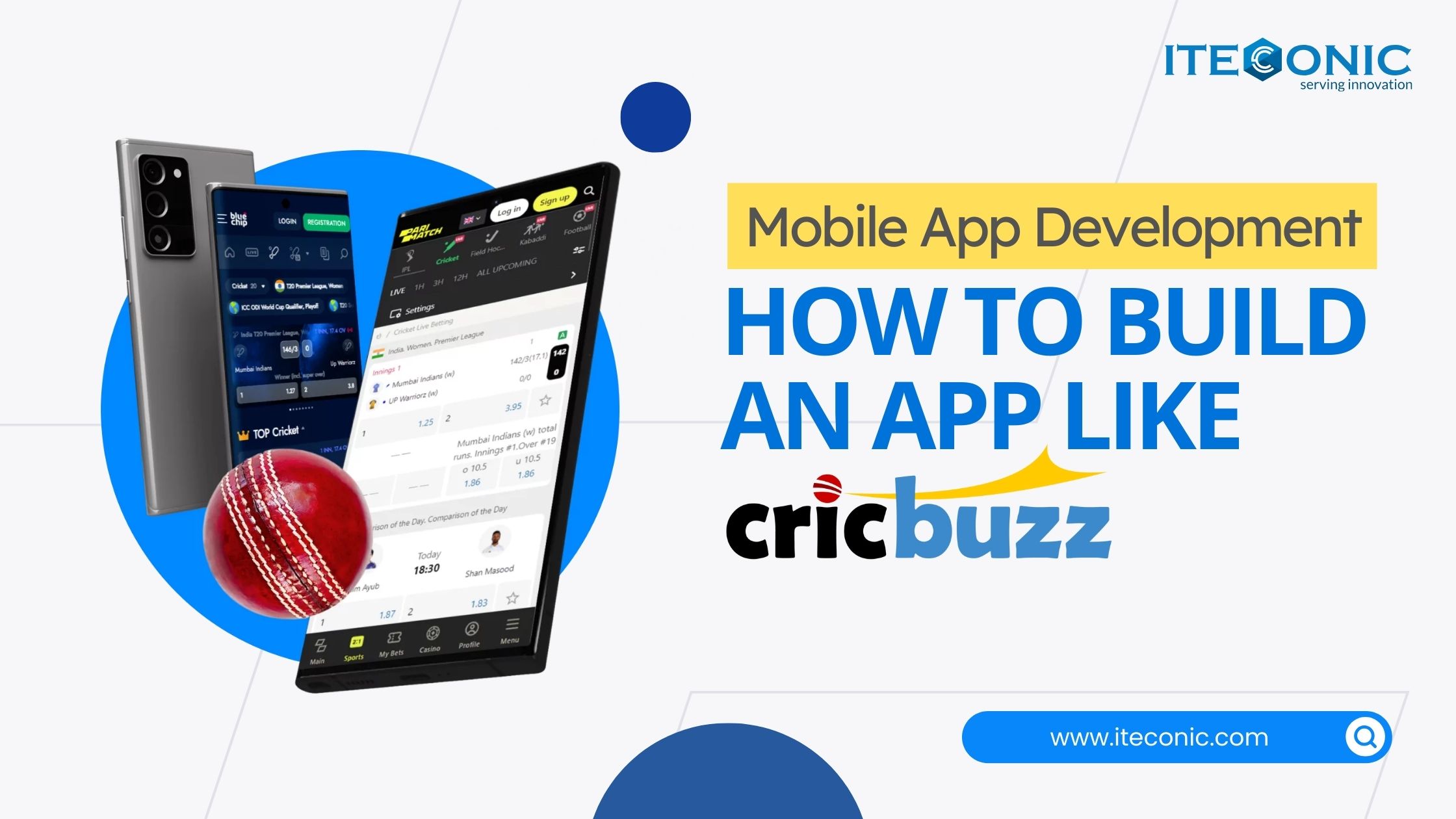
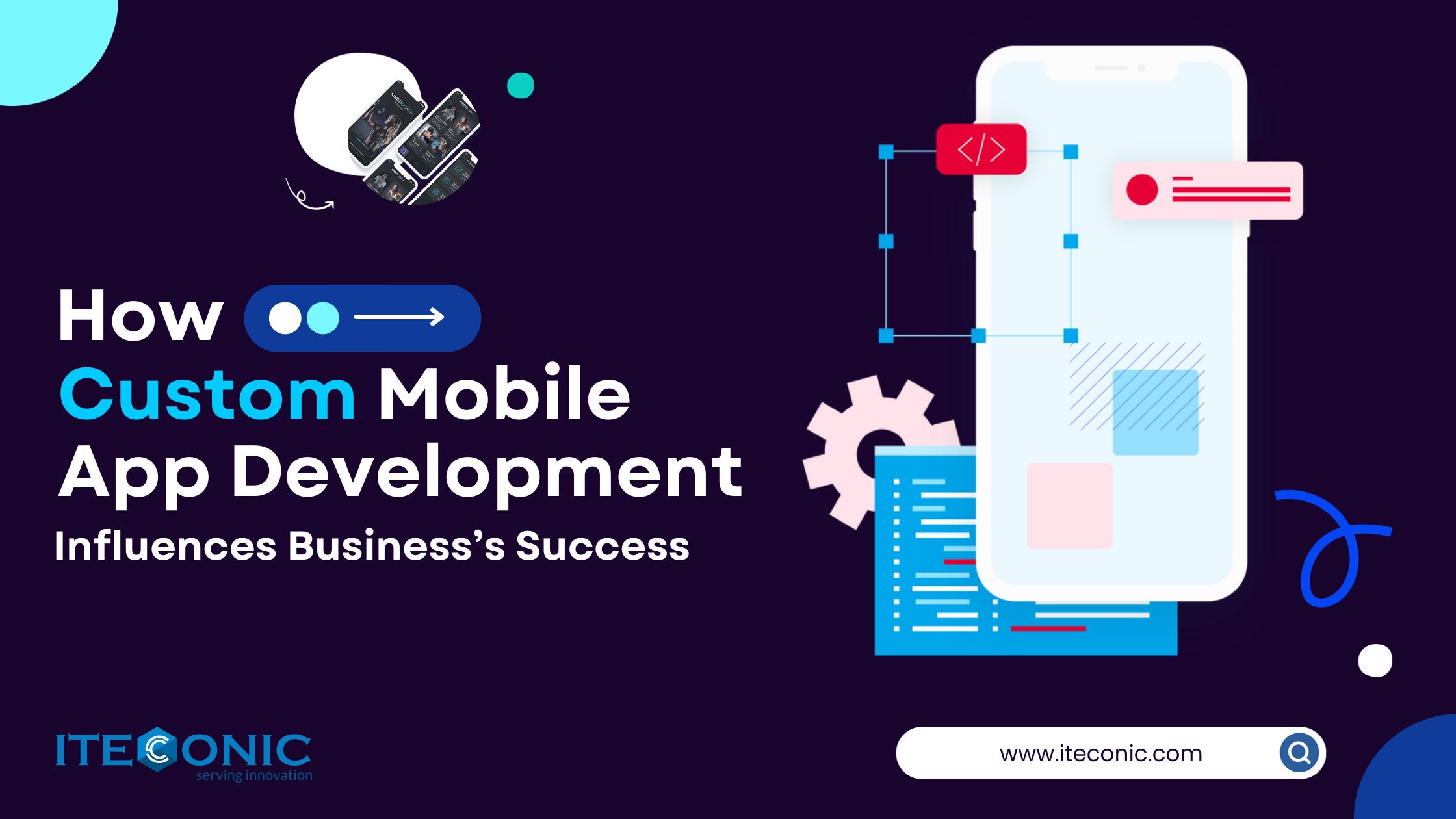
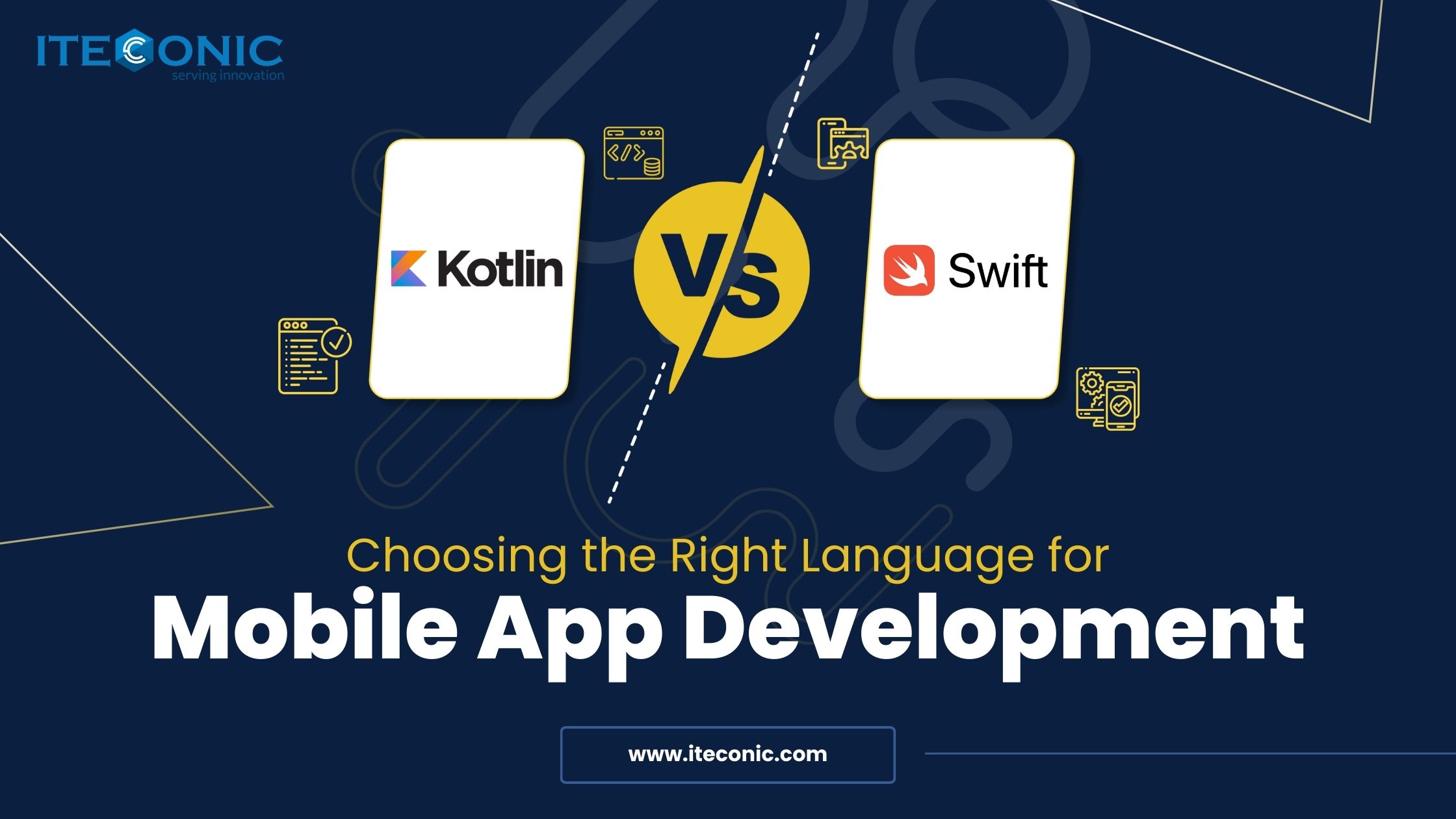
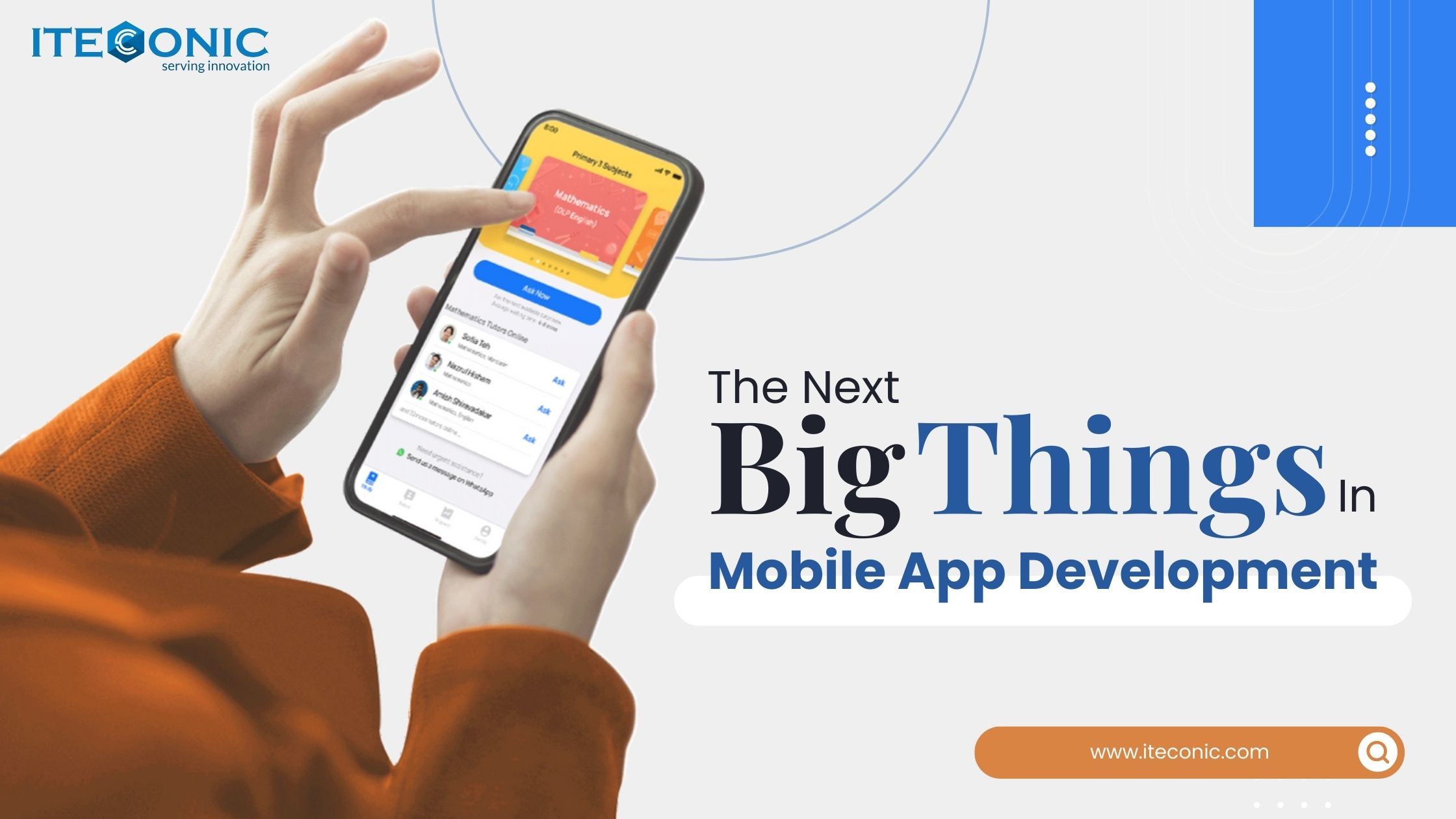
.jpg)
.jpg)
.jpg)
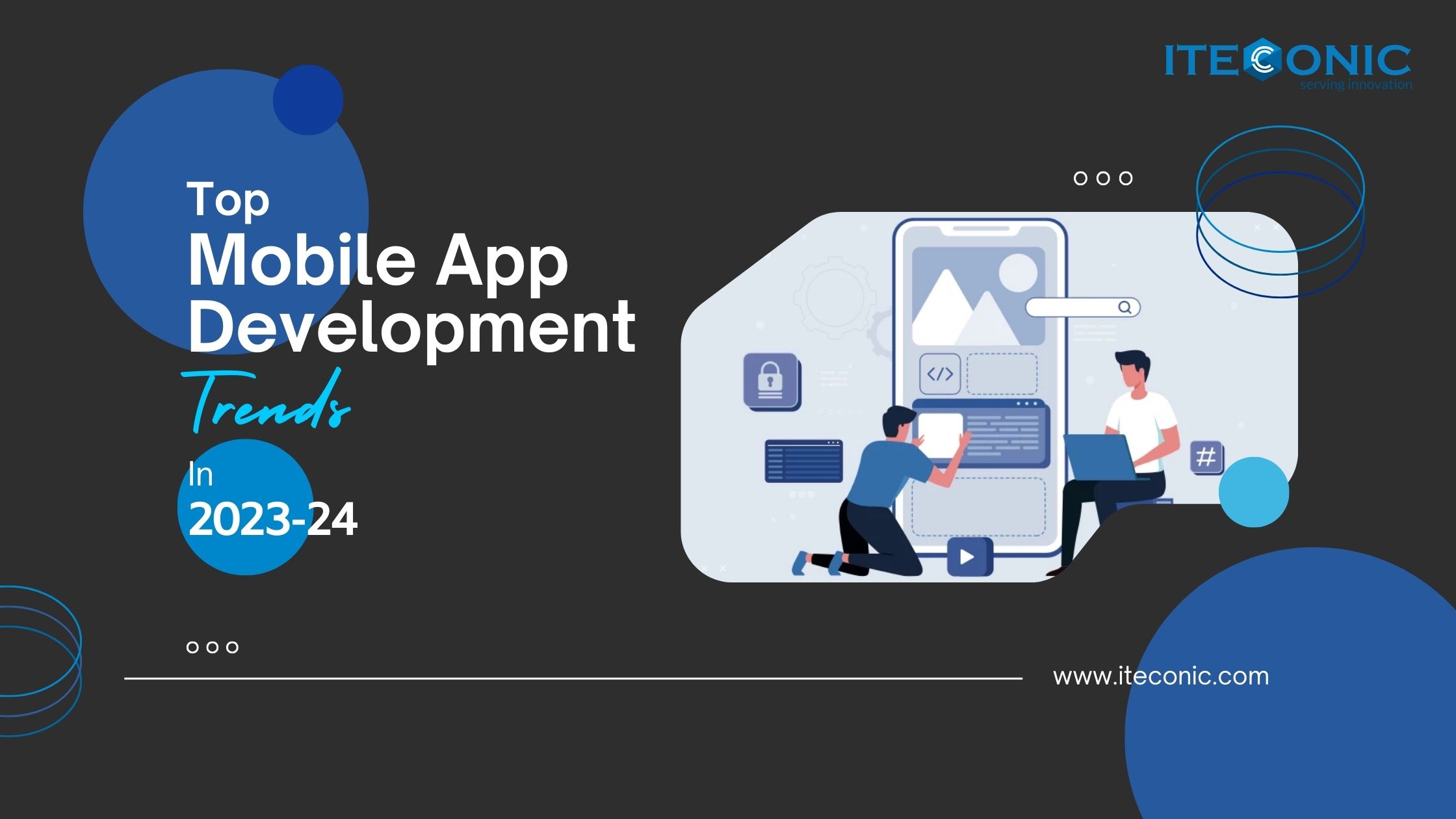
.jpg)
 (1).jpg)
.jpg)
.jpg)

 (1).jpg)
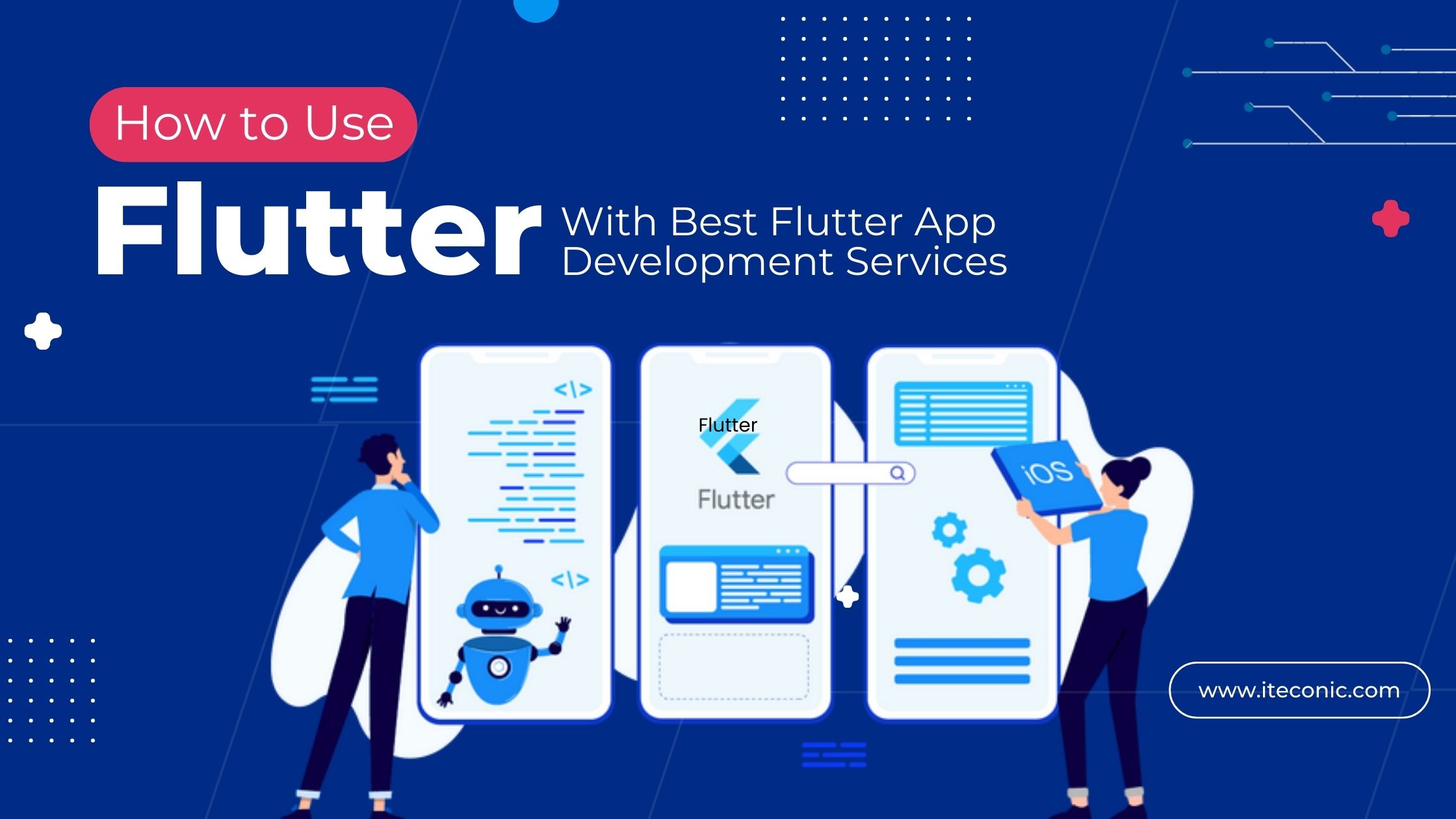
.jpg)
 (2).jpg)
.jpg)
.jpg)
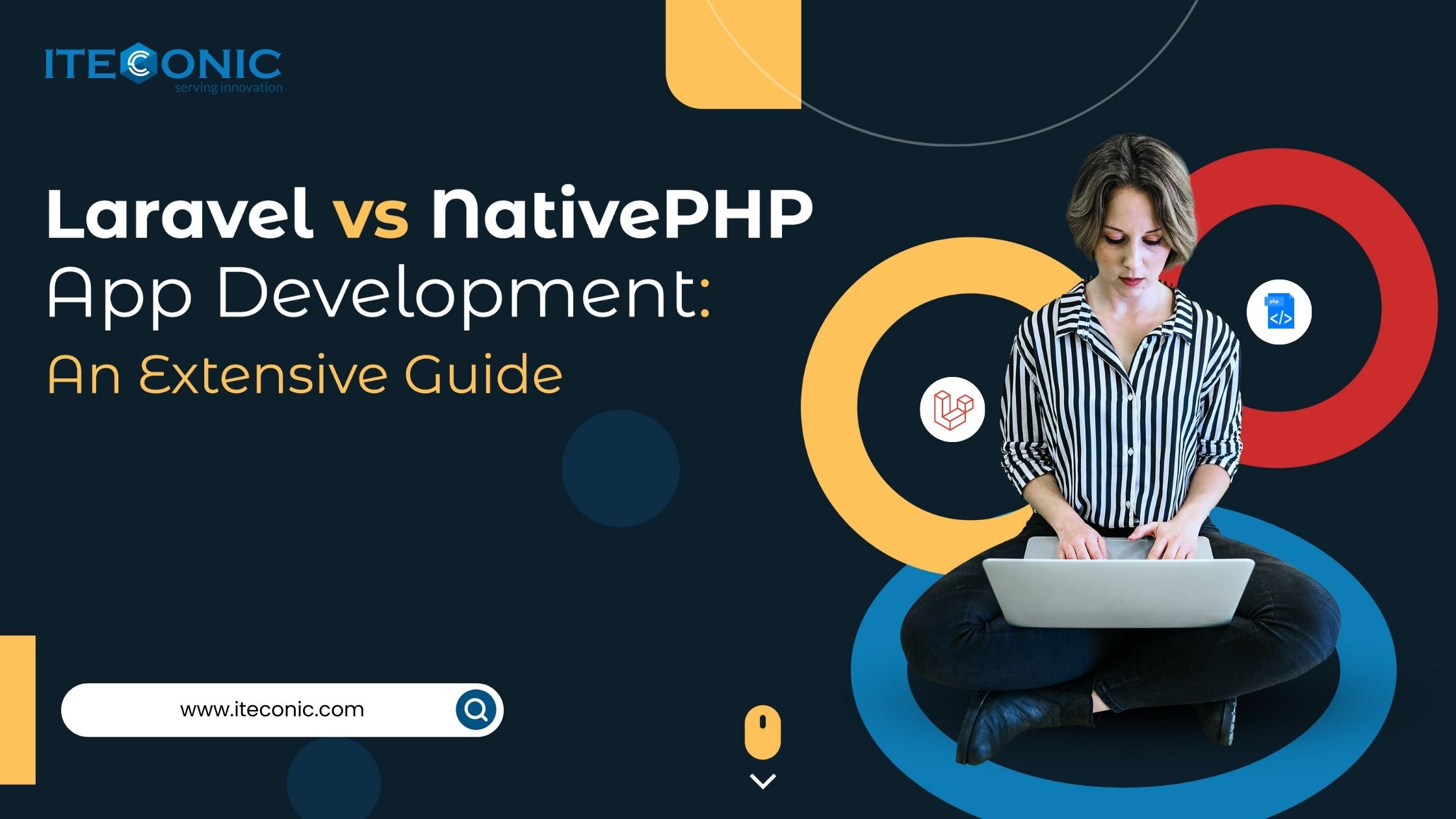
.jpg)
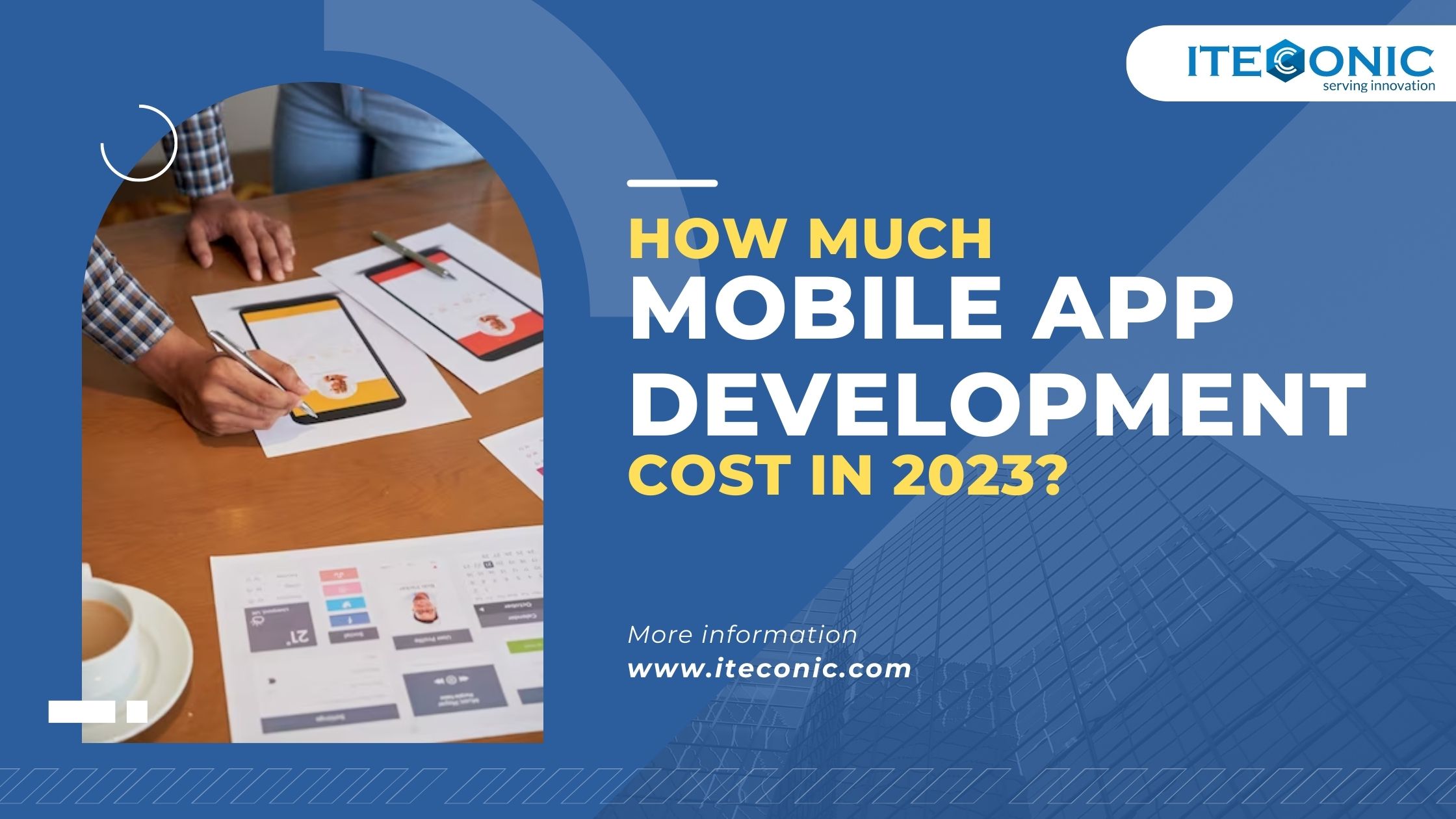

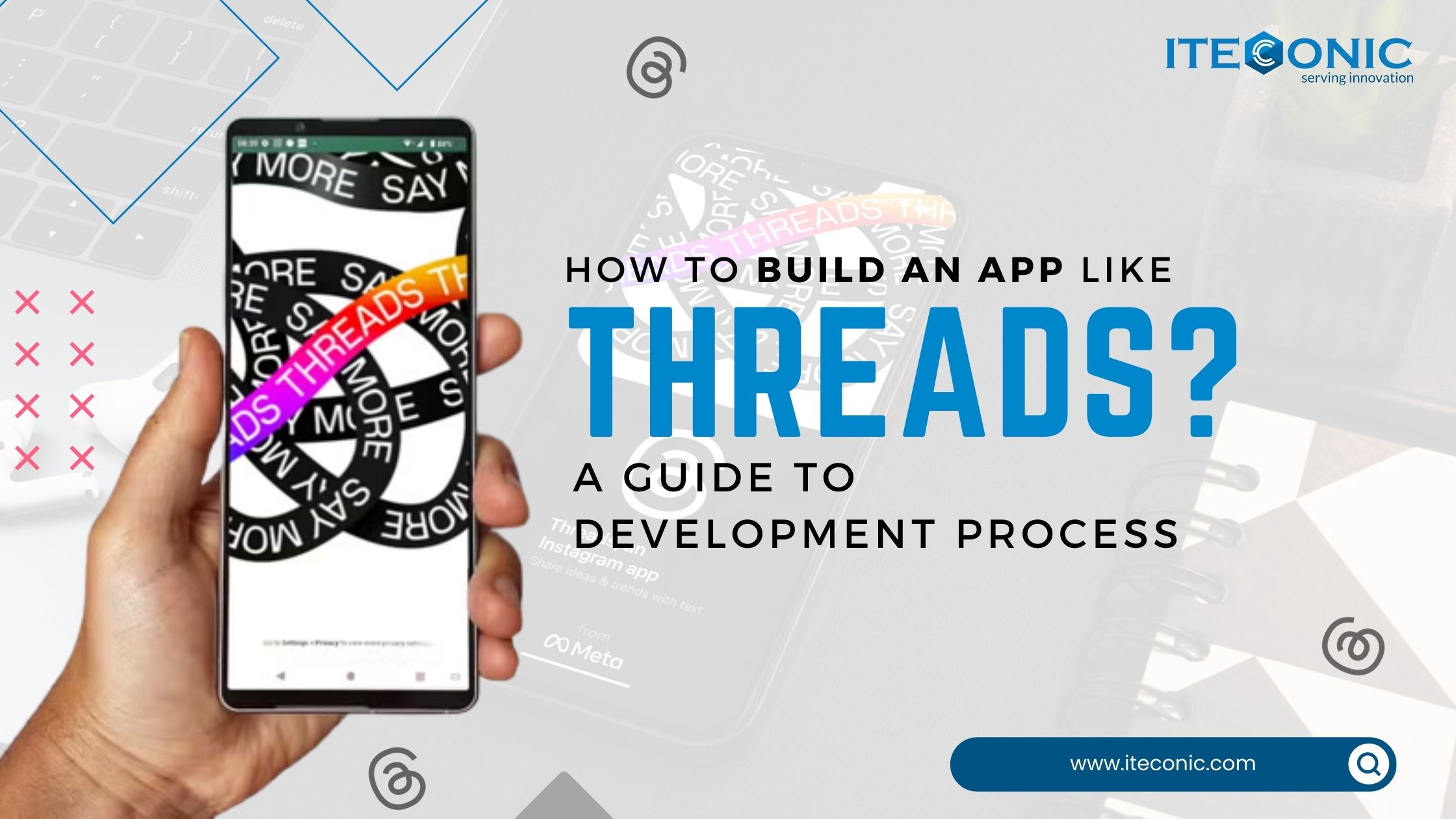
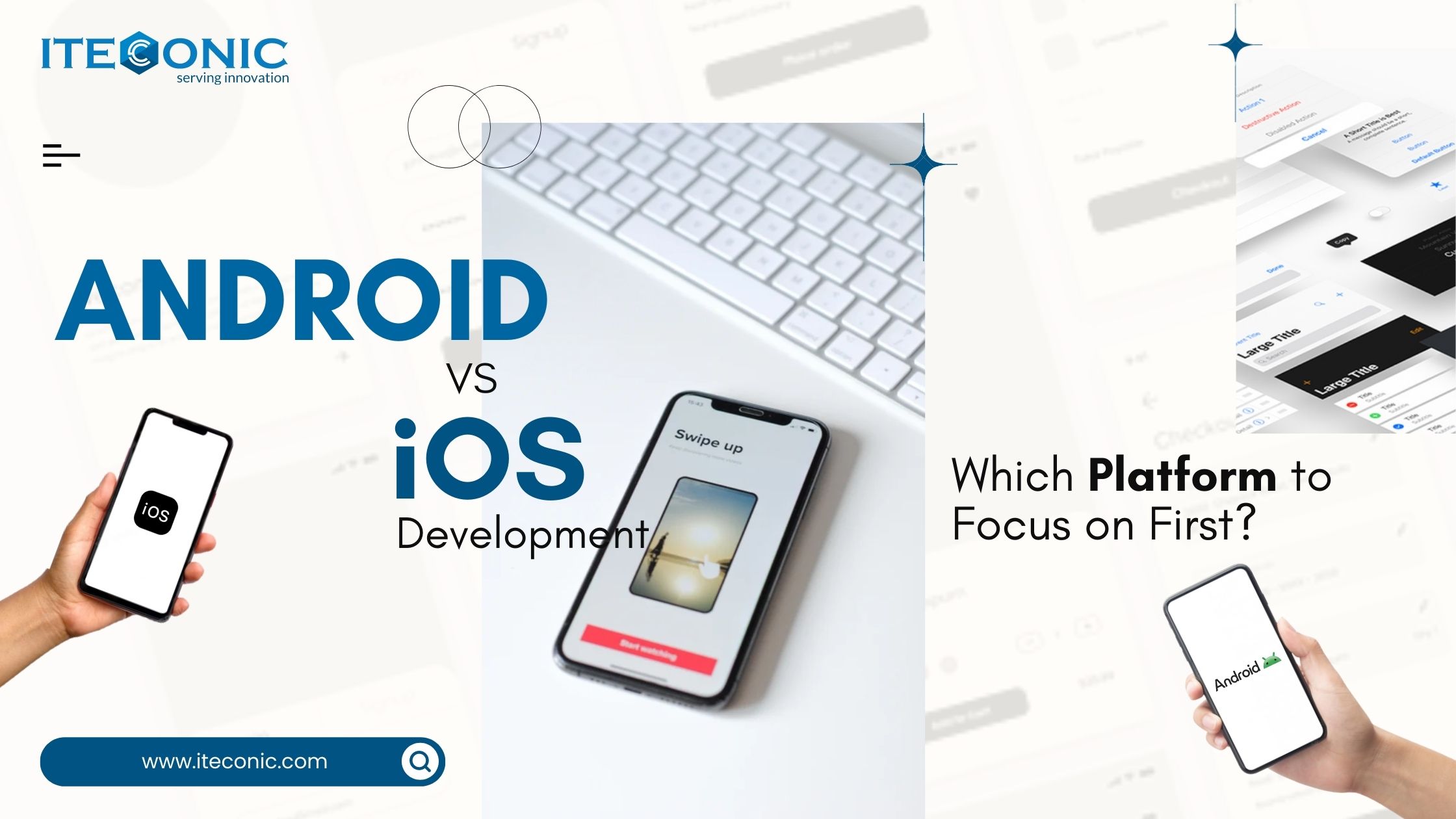

.jpg)
.jpg)
.jpg)

.jpg)
.jpg)
.jpg)
